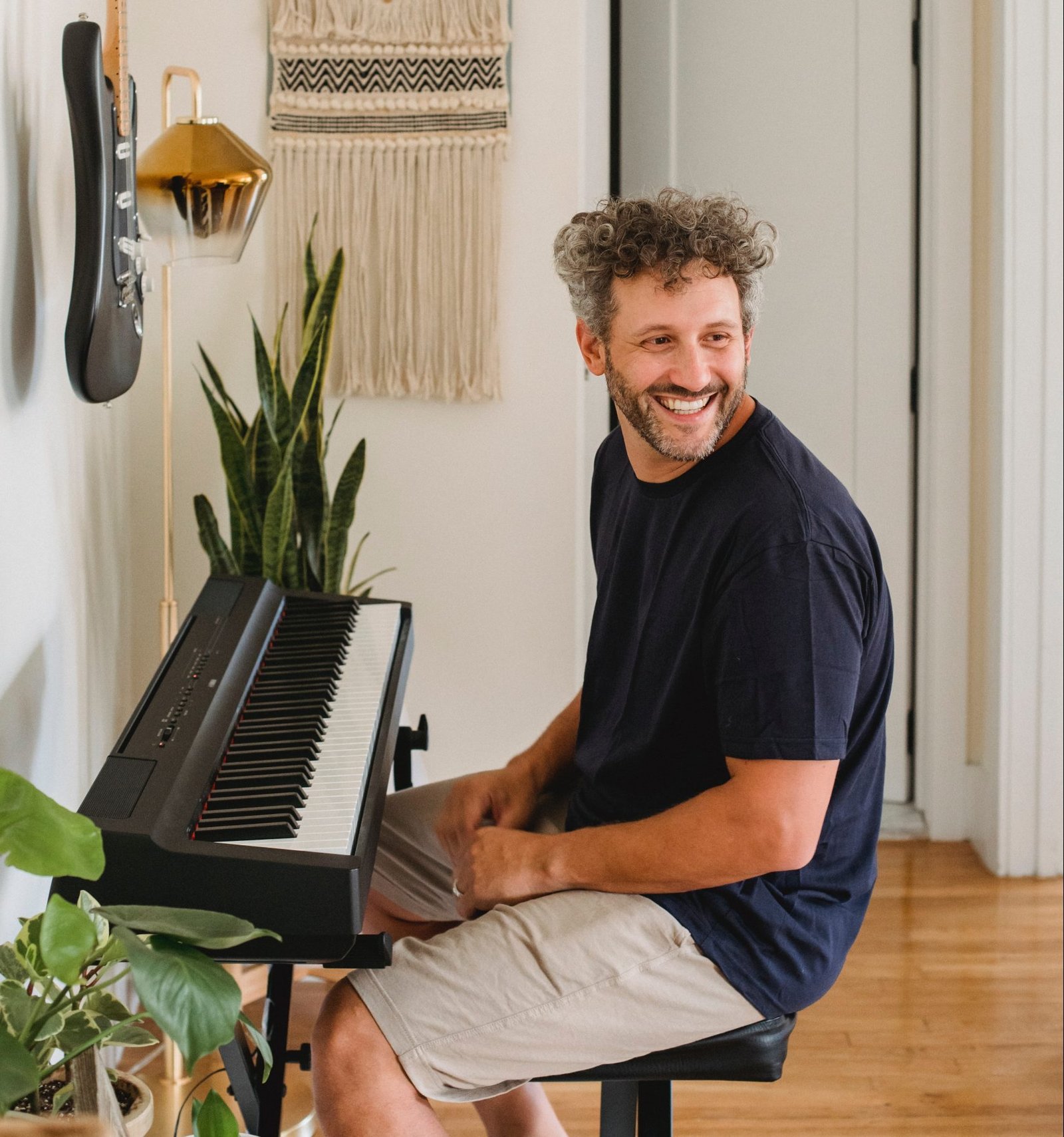
Essential Tips For Beginner Musicians Learning An Instrument
Starting out as a musician can be overwhelming.
With so many instruments to choose from and intimidating techniques to learn, it is easy for beginner musicians to feel lost or discouraged. But don’t fret! In this blog post, In this article, we are going to outline some essential tips on how to start learning an instrument as a complete beginner. From tackling the basics of instrument selection, practice routines, and performance preparation – these tips will provide all you need to know in order to get started playing confidently. Read on for empowering advice that will help pave your pathway into the music world!
1. Set Realistic Goals and Create a Plan To Achieve Them
Learning an instrument is a rewarding and fulfilling journey – but it can be intimidating when you’re just starting out. To stay motivated and make progress quickly, it’s important to set realistic goals and create a plan of action to follow. Start with some simple achievable targets, like practicing for 15 minutes per day, or learning five new chords by the end of the month. Then move on to longer-term goals such as whether you want to join a band or compete in music competitions in your area. You may even find yourself looking for the best piano teacher in Singapore at Musicion if you are from Singapore, or you may even search for adequate lessons regardless of where you are stationed and take them online. Generally speaking, with realistic goal setting and proper planning, soon you will make real headway in pursuing your music career.
2. Find the Right Instrument for Your Style of Music
While there’s no single “right” instrument to learn, there are some guidelines that beginner musicians should consider when deciding what they want to play. Consider the sound and type of music you like; if a particular genre speaks to you, try finding out what instruments are traditionally associated with it. There are also options to explore within a specific style, from electric pianos and synthesizers for classical pieces to steel-string acoustic guitars for folk songs. Think about your physicality too – will your arms be able to reach a full-size guitar neck? This could inform which model is best for you, whether it’s soprano ukulele or baritone banjo! Ultimately, have fun exploring the options and make sure you find the best fit for your musical sensibilities and goals.

3. Learn the Fundamentals of Music Theory
Learning the fundamentals of music theory is essential for any beginner musician. Knowing basic concepts like keys, scales, and chords will help you understand and appreciate the pieces of music you’re playing. It also allows you to better communicate with other musicians when discussing your work. Starting small with the basics can prove beneficial in the long run as you gain an understanding of more complex musical theory later on. A solid foundation based on music theory is sure to be a great head start for any new musician’s learning journey!
For an additional resource, consider exploring Unison Sample Packs to enhance your practice sessions and expand your musical creativity.
4. Listen to Different Styles of Music To Get Inspired
One of the best ways to get inspired is to open your ears and explore a variety of musical styles. Listening to artists who create in multiple genres will give you a better understanding of the craft. When listening to new pieces, pay attention to composition and melody – what makes these different sounds come together? As you work on technique, listening will light up your creative instincts while helping you develop your own sound and tone. So don’t be shy – explore some of your favorite musicians and discover new ones by hitting “play”!

5. Use Practice Strategies Such as Intervals and Repetition
Interval practice is a powerful tool to help improve intonation and bring up their skill set; its focuses on intervals between notes one at a time, rather than getting overwhelmed straight away with memorizing a whole piece of music. Additionally, repetition is key in mastering new pieces or perfecting difficult runs; the more you repeat each section, the better the sound you’ll get in the long run! So if you’re feeling frustrated with your accuracy and tone, try focusing on intervals and going through each part of your songs multiple times to hone your skills and get closer to attaining “musical greatness”!
6. Create a Daily Practice Routine and Stick to It
Decide on the amount of time and intensity you can reasonably commit to each day and design a specific plan incorporating exercises that are challenging but still within your skill level. Starting off with short bursts of practice that gradually increase in length and complexity as your technique improves will help keep you motivated; creating SMART (Specific, Measurable, Achievable, Relevant, Time-bound) goals will ensure you remain focused and on track with your improvement. Finally, stay determined and disciplined: no matter how difficult the current task may seem, remember the rewards at the end.

The only thing standing between you and a successful career in music is grit and determination. Creativity, in any field, isn’t magical; it relies on the development of relevant skill sets and the implementation of strategies to combine them together. Developing a plan that incorporates listening to lots of different types of music, using practice strategies such as intervals and repetition, focusing on fundamentals like theory, setting realistic goals, and creating a daily practice routine will set any aspiring musician up for success. If you consistently stick to your routine and strive towards personal growth each day, there’s nothing stopping you from becoming an incredible player!








